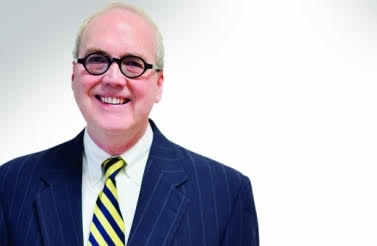Carbon Dioxide Removal Approaches/NETs and their Potential Role in Addressing Climate Change
Abstract
In recent years, there has been mounting evidence that temperature increases of 1.5–2°C above preindustrial levels could have extremely serious impacts on global ecosystems and human institutions, especially in vulnerable developing countries. There has also been growing concern that climate policy responses at the international and national level may ensure that the globe exceeds critical climatic thresholds during this century, or that we could pass critical “tipping points,” precipitating abrupt, and nonlinear, climatic change on the earth. This has created a powerful impetus for research on, and potential deployment of, so-called “carbon dioxide removal” or “negative emissions technologies.” While the initial focus was on the potential for bioenergy with carbon capture and storage (BECCS), serious questions related to cost and sustainability have led to consideration of a much broader potential array of options. The purpose of this presentation will be to provide an overview of CDR/NETs options, including potential risks and benefits, as well as to briefly discuss governance considerations at the international level.

August 28, 2019
Perlstein Hall 131- Auditorium
3:15–4:30 p.m.
Short Biography
Wil Burns is a professor of research and founding co-director of the Institute for Carbon Removal Law & Policy at American University’s School of International Service in Washington, D.C. He is also a senior research fellow for the Centre for International Governance Innovation (CIGI), and co-chair of the International Environmental Law Committee of the American Branch of the International Law Association.
Previously, he served as the founding co-executive director of the Forum for Climate Engineering Assessment, a scholarly initiative of the School of International Service at American University. He also served as the Director of the Energy Policy & Climate program at Johns Hopkins University in Washington, D.C. Prior to becoming an academic, he served as Assistant Secretary of State for Public Affairs for the State of Wisconsin and worked in the non-governmental sector for twenty years, including as executive director of the Pacific Center for International Studies, a think-tank that focused on implementation of international wildlife treaty regimes, including the Convention on Biological Diversity and International Convention for the Regulation of Whaling.
He is also the former president of the Association for Environmental Studies & Sciences, and former co-chair of the International Environmental Law interest group of the American Society of International Law and chair of the International Wildlife Law Interest group of the Society. He also served as founder and editor-in-chief of the Journal of International Wildlife Law & Policy and Case Studies in the Environment.
He has published over 80 articles and chapters in law, science, and policy journals and books, and has co-edited four books. He holds a Ph.D. in International Environmental Law from the University of Wales-Cardiff School of Law. His current areas of research focus are: climate geoengineering, climate loss and damage and the effectiveness of the European Union’s Emissions Trading System.
Light refreshments will be served.
